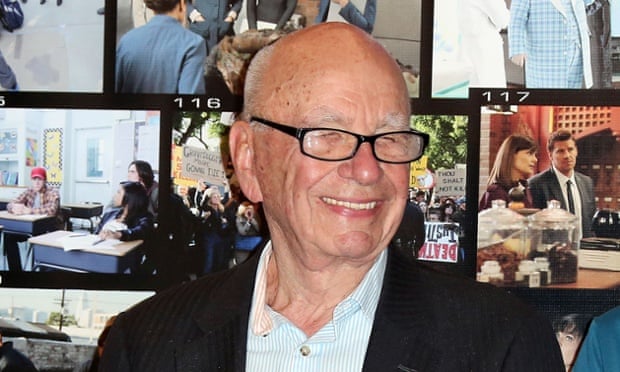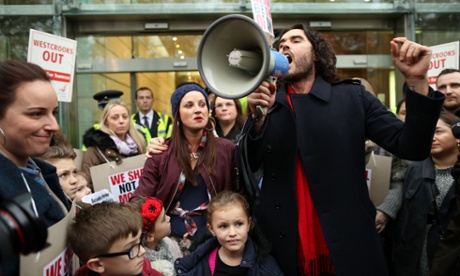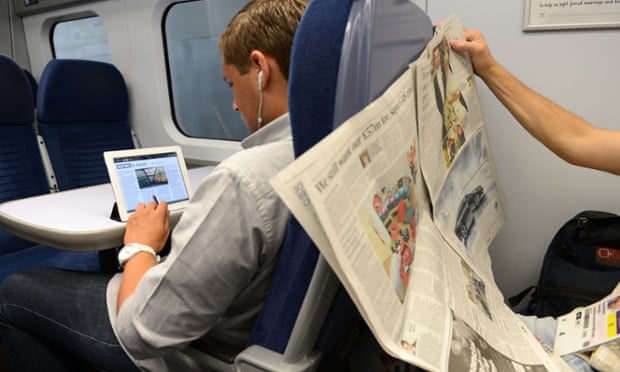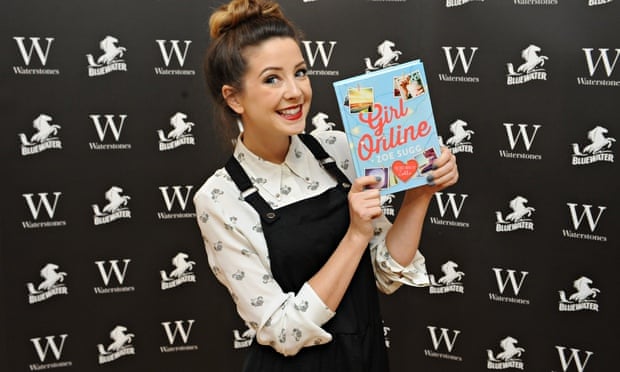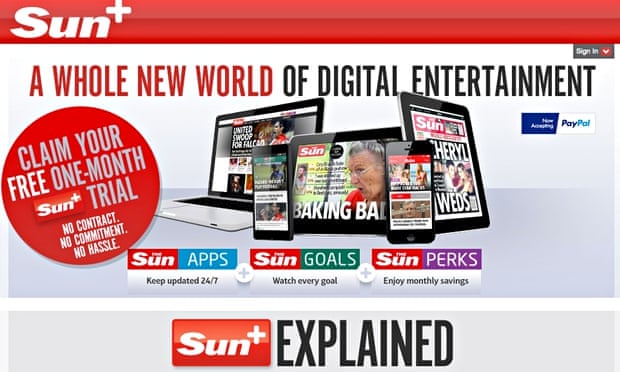Technology has grown and developed over the years, as has new and digital media. Due to this, I believe that audiences are more powerful in terms of consumption and production. This is because they have greater access to new and digital media e.g. through the internet, tablets, smartphones etc. Therefore, freedom of speech and opinions are expressed by audiences more. Also, traditional print media has been in decline while online news continues to grow and increases.
Traditional print media has been in decline for the past few years while online news is increasing. This has lead to the decline of newspapers as news online has become much more easier for audiences to consume and can sometimes be more convenient. More newspaper institutions have switched to online news where they provide customers with the latest stories from their newspapers. This means that audiences no longer have to go to the shop to purchase a newspaper, but can in fact have a digital copy which they can read from their computer, smartphone, tablet etc online. This is beneficial for consumers as they can read their news to their own convenience, whether they are at home or outside, they can easily search the news on the internet. There is also an increase in apps which can be downloaded on smartphones and tablets. News institutions such as BBC, The Guardian and Metro for example have their own apps where news stories are provided for audiences who download them. Although most news found online is free, some institutions have pay walls. This means that consumers have to subscribe and pay a monthly free to read a certain newspaper online. This can be a disadvantage for certain companies such as The Time and Sunday Times who have a pay wall. They can sometimes find profits to be low because consumers have a choice and can easily access free news online such as the BBC. However, audiences can argue which news institutions they find to be reliable. Moreover, it is debated over whether news online is a premium product compared to traditional print newspapers due to pay walls. Although print newspapers are commonly paid for, they are much cheaper and tend to cost under £1 for a newspaper, whereas subscription online can be higher.
There has also been a rise in citizen journalism throughout the years. This means that news institutions have become more dependent on citizen journalism in order to provide evidence for their news stories. For example, the general public have filmed disasters on their phones, which have then been sent and used by news institutions that show the footage on TV and online. This creates a sense of realism (Baudrillard) for audiences as the footage is shaky and unclear, as oppose to it being shot steadily on a professional camera. It makes audiences relate to the news story more as they see the perspective of someone who was actually there when the incident took place. This has also contributed to the decline of journalism as institutions use citizen journalism footage as oppose to professional footage by journalists as audiences prefer it. Also, it saves news institutions costs as they do not need to pay a journalist to work for them. An example of citizen journalism is the death of Ian Tomlinson which was carried out by a police officer. A member of the public filmed the incident, which The Guardian then released soon after. This created major controversy over the case as the police officer resigned, therefore was unable to face punishment. Similar to this, the shooting of Michael Brown in Ferguson was also carried out by a police officer. This lead to protests which had over 20,000 followers on Twitter. Protesters also used social media to organise their demonstrations.They used Twitter, Facebook and Tumblr to spread the word about planned protest locations, sending text messages with announcements and collecting donations and supplies.
Alain De Bottton recently spoke about the fact that news institutions expose stories to audiences which are more interesting than important. For example, if there is a natural disaster on the other side of the world then news institutions will show shocking images and then go on to another story before giving important details or even communication to audiences about how they can help. It could be argued that this is a reason why we as audiences have no sympathy for those who are affected because we are not educated enough by the news and it is their responsibility. Alain De Botton also mentioned that celebrity news such as Taylor Swift is more important to news institutions and receives more coverage in news stories. Moreover, Galtung and Ruge created a set of news values in which they believe news institutions use to determine which stories should receive coverage in their news stories. These factors include: elite nations or people, predictability, frequency, amplitude and immediacy etc. News stories that cover the most factors would be prioritsed by the news institutions.
User generated content (UGC) has also increased within the past years, giving audiences more power to create their own media products. Audiences now have blogs, in which they share their activities and opinions. YouTube is also used more where anyone can sign up and make an account. Users then post videos and can even go viral without having to be signed to a company e.g. singers can gain thousands of views and subscribers without having a record deal. Moreover, audiences are able to share their opinions and debate among themselves through comments which they can leave on news websites e.g. The Guardian. However, if the institution find comments to be inappropriate, they can be removed. Baudrillard's theory of hyper reality suggests that audiences believe they have more power than they actually do, however fail to see that the ruling class still hold power over us.
Marxists believe in capitalist society, where the bourgeois exploit the proletariat. In the world of news, institutions and companies remain dominant and have power over their audiences, who have no control. An example of this is the fact that audiences feel more powerful as they can comment on articles found on online news. Although audiences can comment what they want, the comments are still regulated by the news institutions and they have the power to take it down if they find it inappropriate. Also, although audiences have more freedom and power to create their own media online, they still use websites such as Google and YouTube which are owned by dominant corporations. A theorist who agrees with this is Pareto as he stated that ''a minority of (media) producers always serve a majority of consumers. This ties in with Pareto's 80/20 rule, where he stated that 80% of wealth is owned by 20% of the population.
The main pluralist belief is in a equal society. In recent years, Rupert Murdoch famously said ''the internet has given readers much more power.. The world is changing and newspapers have to adapt.'' As new and digital media grows, the internet has most definitely given audiences more freedom of speech and opinions. People are able to make videos and upload them on YouTube, without even having to sign any deals or get in touch with famous people, they can still gain several subscribers and gain hundreds of views. An example is an online fashion and beauty blogger called Zoella. She currently has just under 7 million subscribers and her videos have 307,946,467 views. After becoming so popular through her YouTube channel, Zoella has now released her own book called 'Girl online' which sold 78,000 copies in the first week. She has also won several awards such as the Radio 1 Teen Award for best British vlogger and was asked by Bob Geldof to sing on the Band Aid 30 track Do They Know It's Christmas. The fact that anyone can set up a channel or blog and start sharing their stories, can lead to big opportunities if you gain enough fans and there is no need to be recognised by a large company anymore.
To conclude, I believe that audiences have power to a certain extent. Although technology and new and digital media has grown, institutions and companies still have control over regulation and the things that remain or are taken down on the internet. I therefore believe that the ruling class have greater power over audiences due to their dominance. This relates to the Marxist belief of hegemony as the elite remain the ruling class in society and hold the power.

